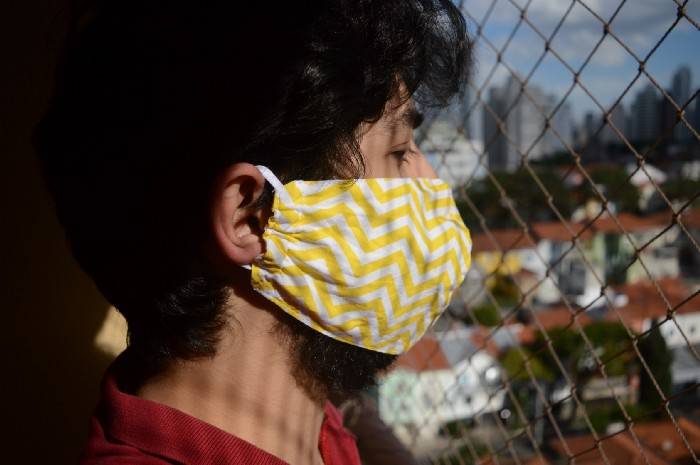Submitted by the Washington State Department of Health
Reaching adulthood during the COVID-19 pandemic brings more than just the usual “adulting” challenges. Not only are there basic needs to figure out like feeding yourself, finding a place to live, and doing your own laundry, but the pandemic has made both finding a job and continuing your education extremely challenging prospects.
Things not working out just how you thought they would? It’s totally normal to feel anxiety about the future and to grieve the way you thought things would be. You are not alone. Many of your peers are having similar experiences. And, this isn’t where any of us thought we’d be right now.
It’s okay to just feel these normal feelings for a bit. Talk about them, think about them, process these feelings, and then make changes for a healthy path forward.
Adapting to COVID-19 means adjusting your plans
Here are some tips for resetting after the disruptions in your life from COVID-19:
• Don’t get COVID-19. Nothing derails plans like getting sick. Most people recover well from COVID-19, but some people — even some young people — have severe or long-lasting effects from COVID-19. Keep your in-person interactions with other people brief and infrequent. A third to a half of people who caught COVID-19 caught it from someone with no symptoms at all. Make sure to cover your face when you are around anyone who doesn’t live in your household.
• Be kind to yourself. Take care of yourself. Do the things you enjoy that help to reduce your stress. Take a walk in nature, play with your pet, cook your favorite food, meditate, draw, paint, craft, take a nap, read a book, watch your favorite show, exercise. Whatever it takes to take a breath.
• Reach out to others. Physical distancing is hard on our physical and mental health. Stay as connected as you virtually can to your friends and other encouraging people in your life, such as teachers and coaches.
• Practice gratitude. Gratitude can reduce feelings of sadness. Think of ways to say thank you to the people in your life. Keep a gratitude journal. Write down three things that you are thankful for every day.
• Let go of perfectionism and comparison. Perfectionism is a trap. It is a goal that can never be reached, leading to frustration and exhaustion. Sometimes “good enough” is a better goal. In addition, comparing yourself to others can leave you feeling sad, especially as it relates to social media. The only person worth comparing yourself to is you.
• Speak lovingly to yourself. What do you think about and say to yourself? Does it tend to be harmful and defeating? No one is allowed to talk to you that way. Not even you. Work to build yourself up. Make a list of things you like about yourself. Replace negative self-talk with a positive phrase such as “I can do this.”
Find resources to help solve problems
It’s okay to get support or ask for help. Sometimes you figuring out the “how” is the hardest step.
Here’s a start:
• Dial 2–1–1 or go to wa211.org for information and resources
• Independent Youth Housing Program
• Friends of Youth: The Landing at 425–449–3868
• Seattle YMCA Young Adult Services at 206–749–7550
• Roots Young Adult Shelter at 206–632–1635
• WorkSource at 833–572–8400
• Mockingbird Youth Program at 206–323–5437
• College Success Foundation at 425–416–2000
• The Trevor Project supporting LGBTQ+ youth at 866–488–7386
Practice compassion
Giving or doing service for others can ease sadness. It feels good to be a part of something bigger than yourself. Use the gifts that are unique to you. Nobody else has your exact blend of strengths to offer others. How can you make a difference?



